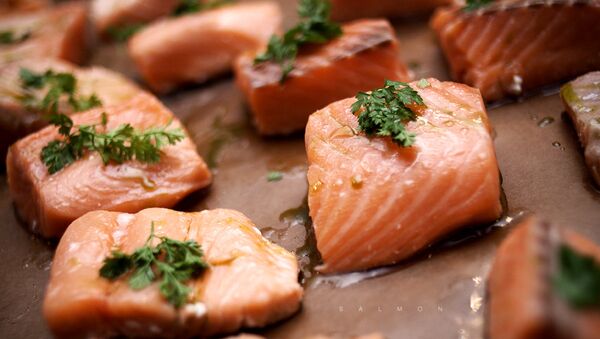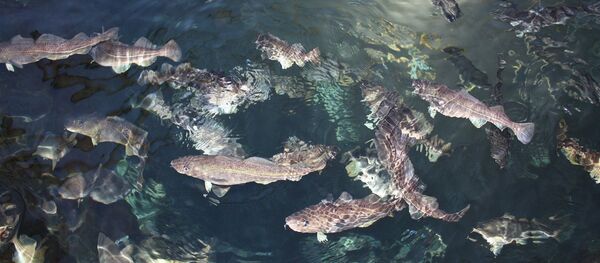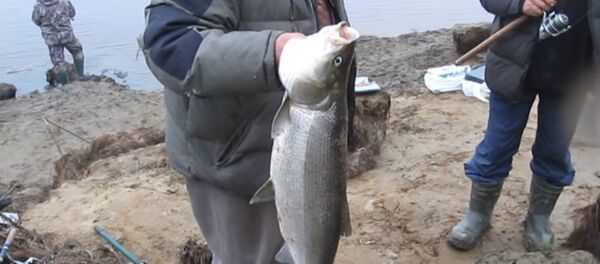The Norwegian Institute of Nutrition and Seafood Research (NIFES) is about to present a major study on the health benefits of fish consumption. The project was sponsored by Norway's powerful fish farming industry through the Fisheries and Aquaculture Industry Research Fund (FHF), which contributed 45 million NOK (roughly $5.5mln), the single largest investment in seafood and health.
The special feature of the project is that researchers according to their own announcement focused on the positive effect of fish consumption exclusively, which is expected to provide additional selling points for the Norwegian fish farming industry. The FHF made no secret of the fact that they expect the research to increase to consumption and the sale of seafood.
"Currently, it appears that students [in Norway and Germany] who ate fish we had given them [for four months], scored better in concentration tests than those who did not," Ingvild Eide Graff, head of research at NIFES, told NRK.
A number of Norwegian doctors and scientists questioned the credibility of such a study.
"How can we rely on dietary advice based on research done on specifically designed salmon but not the one found in stores?" pediatrician Anne-Lise Bjørke Monsen at Haukeland University Hospital asked, expressing doubt that such practice is ethically defensible. "It can be compared with a pharmaceutical company doing studies on a pure version of its drug, but selling the dirty version of the drug on the market," Bjørke Monsen argued.
This is not the first time the health benefits of Norwegian salmon are being questioned. In 2006, Russian scientists found too many dangerous heavy metals in Norwegian salmon, whereupon all salmon imports to Russia were stopped. Shortly afterwards, NIFES Director Øyvind Lie ensured that Norwegian salmon was perfectly safe and healthy and recommended his compatriots to have at least two meals of fatty fish a week.
En af mine livretter blev lige meget nemmere at lave! #laks #iovnenhttps://t.co/On9oyurICK pic.twitter.com/Obbtcxs2tg
— WebOpskrifter (@Webopskrifter) 27 октября 2016 г.
The same year, a NIFES-backed EU project recommended pregnant women to eat fatty fish. However, it later turned out that fish with reduced pollutant contents were used in the experiment, which undermined its credibility.
"Quite the contrary, this may indicate that salmon sold in stores should not be recommended for pregnant women in Norway," Bjørn Bolann told NRK.
Norway, which pioneered salmon aquaculture in the 1960s, remains Europe's largest supplier of farmed fish. In the first six months of 2016 alone, Norway exported seafood worth 42.6 billion NOK (5.2 billion USD). Fish is the Nordic country's second leading export after petroleum products.






